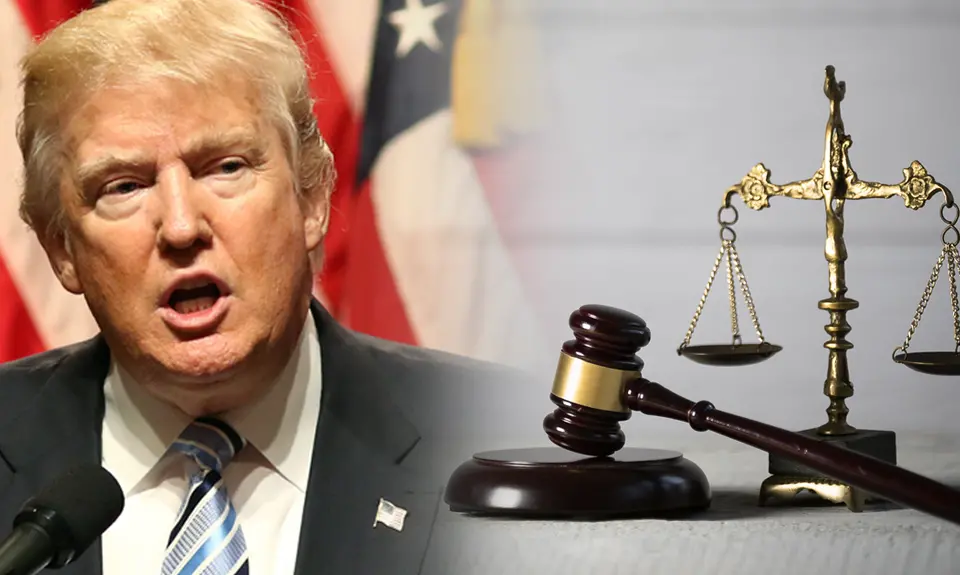Although most Trump lower court judges have voted to uphold questionable Trump actions since his second inauguration, several have ruled against him in early April due to extreme actions by his administration. These included 1/a preliminary injunction by Judge Trevor McFadden in a lawsuit by the Associated Press (AP) against Trump for excluding it from the White House press pool in Associated Press v Budowich., and 2/ a temporary restraining order by Judge Fernando Rodriguez against efforts to deport several Venezuelan immigrants to a notorious prison in El Salvador in J.A.V v Trump.
What has happened in the AP case?
In early February, Trump decided to rename the Gulf of Mexico as the “Gulf of America.” Although many went along with Trump, the AP did not and retained the well-established name.
Shortly after that, the White House “sharply curtailed” the AP’s access to “coveted, tightly controlled media events with the President,” like Executive Order signings and press conferences. The AP filed a lawsuit in federal court in DC.
Judge Trevor McFadden, who was nominated by Trump, was assigned to the case. After denying a temporary restraining order, McFadden ordered expedited briefing and a hearing on AP’s motion for a preliminary injunction.
McFadden agreed with AP and entered a preliminary injunction against the White House in a careful, 41-page opinion “enjoining the Government from excluding it because of its viewpoint.” As McFadden explained, under the First Amendment, “if the Government opens its doors to some journalists—be it to the Oval Office, the East Room, or elsewhere—it cannot shut those doors to other journalists because of their viewpoints. ” The injunction requires the White House to “rescind” the limits imposed on the AP “until further order” of the court as the litigation goes forward. This vindication of the First Amendment protects the freedom of every one of us, not just the AP. It is a major blow to Trump and the White House.
What has happened in the Texas/El Salvador Deportation Case?
As discussed in a previous People For blog, the Trump Administration determined in March to immediately and summarily deport a number of migrants from Venezuela to a prison in El Salvador known for mistreatment of detainees. The action was ordered under a law that advocates contend only applies when the U.S. is under military invasion by a foreign nation: the Alien Enemies Act (AEA), which gives the President authority to order immediate deportations during wartime.
A lawsuit was filed by five individuals on behalf of a class of immigrants that challenged these actions, and federal district judge James Boasberg entered TROs stopping such deportations. As part of the significant controversy that has resulted, the Trump DOJ filed an appeal with the DC Circuit, and asked for an emergency stay of the TROs. In a 2-1 decision, the DC Circuit denied the request for a stay, and the Administration took the case to the Supreme Court on its emergency docket.
In a 5-4 decision, the Court vacated Boasberg’s order and provided for no relief for those already sent to the El Salvador prison. The Court did order, however, that any future Venezuelan immigrants must receive notice and an opportunity to be heard, at least in a habeas corpus proceeding, before they can be deported to the El Salvador prison.
Several such immigrants confined in Texas brought an action before Judge Fernando Rodriguez in the Southern District of Texas. Based on sworn declarations and briefs, Rodriguez found a “substantial likelihood” that the Government will deport these and other immigrants to the El Salvador prison, and issued a temporary restraining order (TRO) prohibiting such conduct. The court ordered a hearing on Friday afternoon April 10 to determine how long the TRO or “other forms of emergency relief” like a preliminary injunction should continue. More will surely happen in this important case, but the initial order is a positive step for these immigrants and the rule of law.
